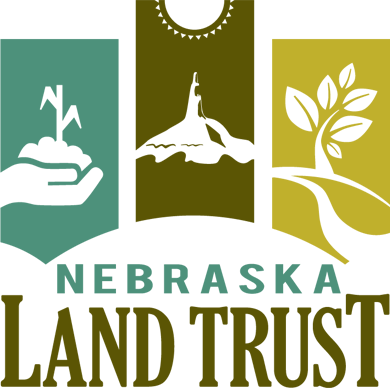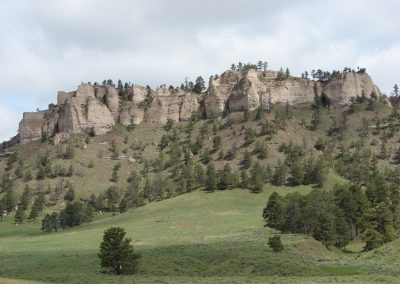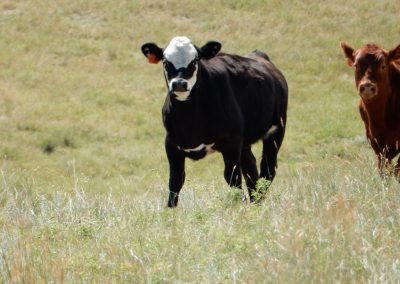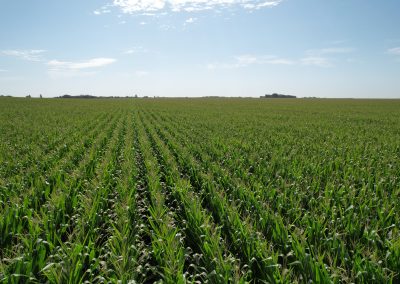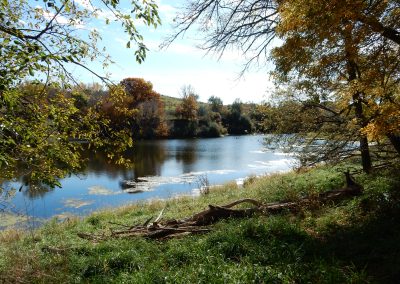About Us
The Nebraska Land Trust was founded in 2001 as a 501 (c) (3) non-profit organization, dedicated to the mission of conserving agricultural, historical, and natural resources on land in Nebraska through education, partnering and permanent conservation. The Nebraska Land Trust uses voluntary land conservation agreements known as conservation easements which enable landowners to leave a permanent legacy of protected wildlife habitat, scenic views, clean water, historic sites, and working agriculture on their land. Easements legally protect these resources while being flexible enough to allow for other activities that are compatible with private land stewardship and conservation. In a sense, conservation easements represent the most basic of property rights – the right to determine the future of one’s land.
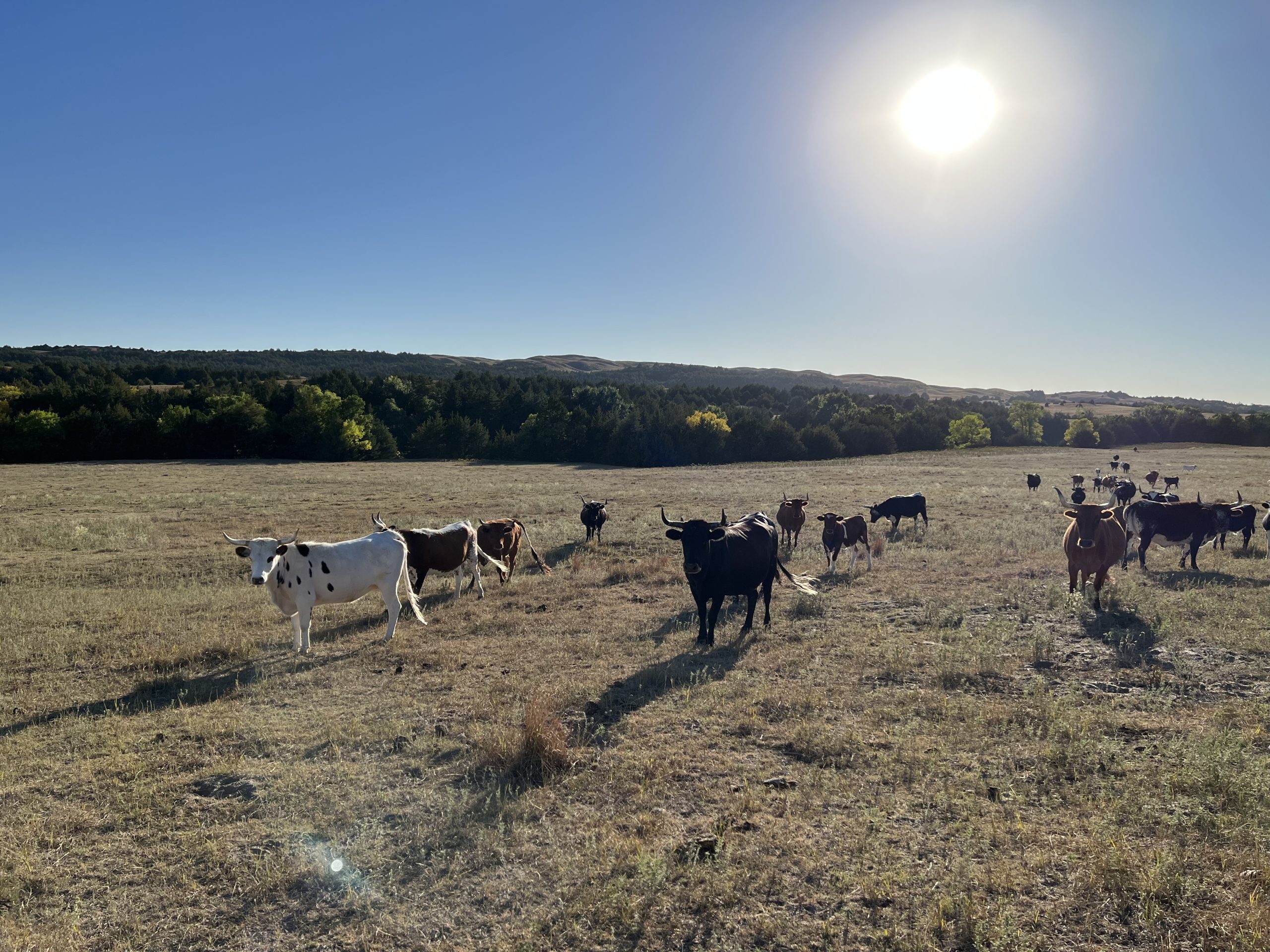
H-Bar Ranch – Conserved in 2023
What We Conserve
Agriculture
In Sarpy and Douglas Counties, the loss of virtually all agricultural land is a real possibility within the next 50 years, at a time when consumers are increasingly seeking locally grown food. Conservation easements can be used to preserve prime agricultural land near urban areas.
History
The vast majority of historical sites in Nebraska are on private land. Without conservation of these landscapes, we risk losing landmarks important to Nebraska history. Protecting the integrity of these sites through conservation easements will help us to better understand our history.
Natural resources
Privately owned landscapes are key to our state’s water quality, water quantity, wildlife habitat and scenic views. Protecting these important natural resources also helps bolster Nebraska’s tourism and economic development by supporting ecotourism and rural communities.
A state of diverse landscapes
From hardwood forests on our eastern bluffs to pine covered buttes in the Panhandle, Nebraska is a land of contrast and beauty. A diverse array of life is tied to the land and the rivers that cross it, including people who have called this land home. As a statwide land trust, we work in conservation across all these landscapes. In many cases, we owe a debt of gratitude to agricultural farmers, ranchers and other landowners who have conserved these resources for generations., However, the past does not predict the future when it comes to land use, as farms are sold for subdivisions and ranches are turned into ranchettes for second homes.
